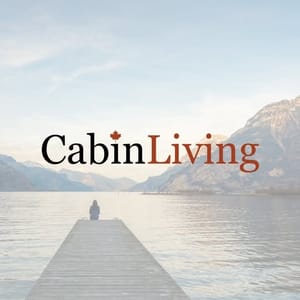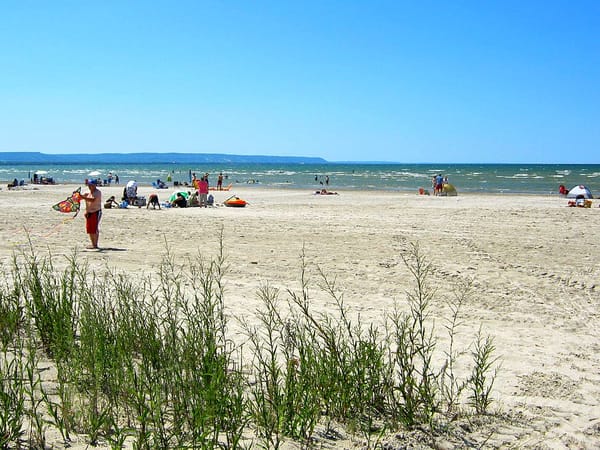Three Michigan anglers have been fined a combined $4,500 and face fishing bans after being caught fishing for brook trout during the closed season on Lake Nipigon, following an investigation sparked by their own YouTube video.
The Ontario government announced the convictions this week as part of ongoing efforts to protect the renowned trout populations in one of Canada's premier fishing destinations.
YouTube Video Leads to Investigation
The case began when conservation officers from Ontario and Michigan launched a joint investigation after discovering a YouTube video posted by one of the anglers. The video, which showed the group fishing on Lake Nipigon on March 28, 2023, provided clear evidence of multiple violations during the brook trout closed season.

Kevin Murray of Midland, Michigan, received the stiffest penalty after pleading guilty to catching and retaining one undersized brook trout during the closed season. He was fined $2,000 and banned from possessing an Ontario fishing licence or engaging in any fishing activities in Ontario for one year.
Mathew Bilodeau, also of Midland, who posted the incriminating video, pleaded guilty to angling for brook trout during the closed season and was fined $1,500. He also received a one-year ban on fishing in Ontario.
Jame Miceli of Saginaw, Michigan, pleaded guilty to the same charge and was fined $1,000, though he did not receive a fishing ban.
Protecting a World-Class Fishery
Lake Nipigon, located north of Thunder Bay, is the largest lake entirely within Ontario's borders and is internationally recognized for its exceptional brook trout fishing. The lake has produced numerous record-breaking catches over the years, including the current world record brook trout caught in 1915.

The closed season, which runs from September 16th to the Friday before the fourth Saturday in April, is designed to protect brook trout during their spawning period when they are most vulnerable. During this time, the fish gather in shallow waters to reproduce, making them easy targets for anglers but also critical to sustain for future generations.

The regulation applies to brook trout in Lake Nipigon during the designated period.
"These seasonal closures are essential for maintaining healthy fish populations"
Cross-Border Cooperation in Action
The case was a cross-border cooperation between Ontario and Michigan conservation officers, and an example of how technology and social media can aid in enforcement efforts, with the anglers' own documentation providing the evidence needed for conviction.
Justice of the Peace Jerry M. Woods Jr. heard the case remotely in the Ontario Court of Justice, Thunder Bay, on March 24, 2025, nearly two years after the violations occurred.
A Cautionary Tale for Anglers
For the hundreds of thousands of anglers who travel to Ontario each year to experience world-class fishing, this case serves as an important reminder about the responsibility that comes with accessing these natural resources. Ontario's fishing regulations, including closed seasons, size limits, and catch limits, are designed to ensure sustainable fishing opportunities for current and future generations.

What may be legal in one area could be prohibited in another, and ignorance of the regulations is not considered a valid defense.
Report Violations
The Ontario government encourages anyone who witnesses natural resource violations to report them through the ministry TIPS line at 1-877-847-7667 or Crime Stoppers at 1-800-222-TIPS. These anonymous reporting options have proven effective in helping conservation officers protect Ontario's natural resources.
The fines collected from these violations will be directed back into fish and wildlife conservation efforts, helping to ensure that Lake Nipigon and other Ontario waters continue to provide exceptional fishing opportunities for generations to come.






Join the Conversation